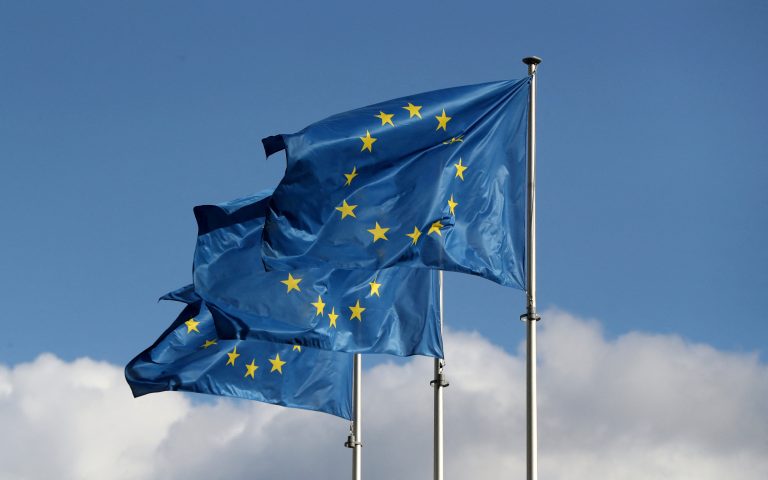European Union Member States agree on a common position on the forthcoming legislation on the protection of children on the internet. The proposal comes without an obligation for global technology companies to identify and remove child sexual abuse material (CSAM). This was announced by the EU Council on Wednesday.
It is a victory for companies such as Alphabet/Google, Meta and other US tech companies, but also for anti-surveillance campaigners who warned that the original proposals threatened privacy. The weakening of strict regulation is also part of a broader backlash against regulation led by President Donald Trump's administration.
The new stance by member states is less stringent than the European Parliament's position in 2023, when it required chat services, internet providers and app stores to mandatorily report and remove known and new images, videos and instances of online grooming of children.
The original 2022 legislation was intended to improve coordination across the EU as online abuse increasingly crosses national borders. A compromise will now need to be negotiated between member states and MEPs to turn the proposal into law.
According to Wednesday's Council statement, platforms will have to assess the risk of their services being misused to spread CSAM or reach children online and then put in place preventive measures.
However, enforcement will remain in the hands of national governments. They will designate the authorities responsible for assessing risks, requiring corrective action and imposing sanctions in the event of non-compliance.
The new rules will allow companies to continue to voluntarily screen content on their platforms to detect child abuse material. This voluntary screening will continue to be possible after April next year, when the current exemption from the privacy rules expires.
Danish Justice Minister Peter Hummelgaard welcomed the common position of the member states. He pointed out that millions of files depicting child sexual abuse are shared by people every year, with real victims of horrific violence behind them.
Meanwhile, the European Parliament has called on the EU to introduce minimum age limits for children on social networks. The call is not binding, but comes at a time when Australia, Denmark and Malaysia are preparing bans on social networking sites for children under the age of 16.
(reuters, lud)
